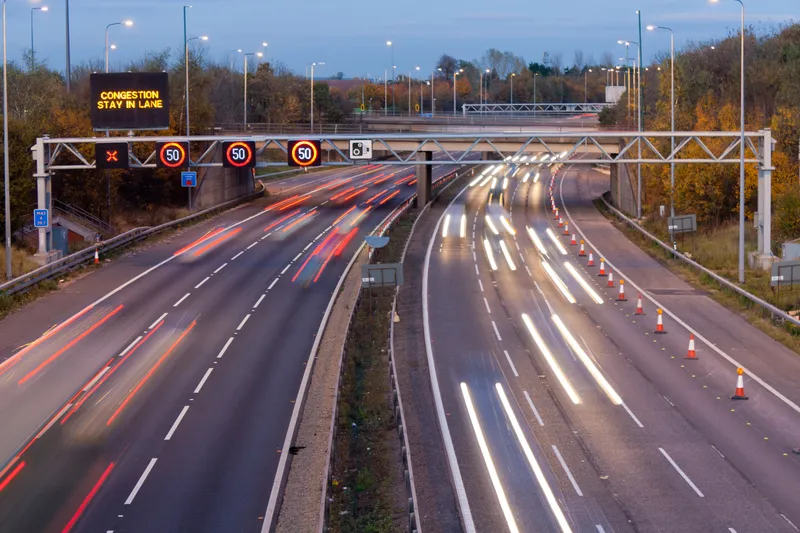Specialist management consultancy Baringa Partners has responded to the UK Chancellor’s Budget announcement of support for electric vehicles, saying it is a positive first step but doesn’t go far enough.
Senior consultant Natalie Bird says the transport sector trails the energy and industrial sectors on decarbonisation. Despite significant uptake in electric cars since 2011, the rate of eligible vehicle registrations slowed substantially last year. Although the UK’s 2050 Greenhouse Gas target theoretical
March 9, 2017
Read time: 2 mins
Specialist management consultancy Baringa Partners has responded to the UK Chancellor’s Budget announcement of support for electric vehicles, saying it is a positive first step but doesn’t go far enough.
Senior consultant Natalie Bird says the transport sector trails the energy and industrial sectors on decarbonisation. Despite significant uptake in electric cars since 2011, the rate of eligible vehicle registrations slowed substantially last year. Although the UK’s 2050 Greenhouse Gas target theoretically allows for later action, the combination of pressing air quality issues, consumer interest in electric vehicles and advances in self-driving technology provides a real opportunity today to kick-start the decarbonisation of the transport sector, which will reap long-term benefits.
Bird claims that in the early stages, bolder policies that reduce costs and influence public perception are needed if people are to take to electric cars, as well as more certainty about the vision for the future of the market. She suggests the government may want to shift the balance from direct subsidies to a wider transport sector carbon tax to encourage the use of electric vehicles, along with support for the roll-out of rapid charging access across the UK.
Senior consultant Natalie Bird says the transport sector trails the energy and industrial sectors on decarbonisation. Despite significant uptake in electric cars since 2011, the rate of eligible vehicle registrations slowed substantially last year. Although the UK’s 2050 Greenhouse Gas target theoretically allows for later action, the combination of pressing air quality issues, consumer interest in electric vehicles and advances in self-driving technology provides a real opportunity today to kick-start the decarbonisation of the transport sector, which will reap long-term benefits.
Bird claims that in the early stages, bolder policies that reduce costs and influence public perception are needed if people are to take to electric cars, as well as more certainty about the vision for the future of the market. She suggests the government may want to shift the balance from direct subsidies to a wider transport sector carbon tax to encourage the use of electric vehicles, along with support for the roll-out of rapid charging access across the UK.









